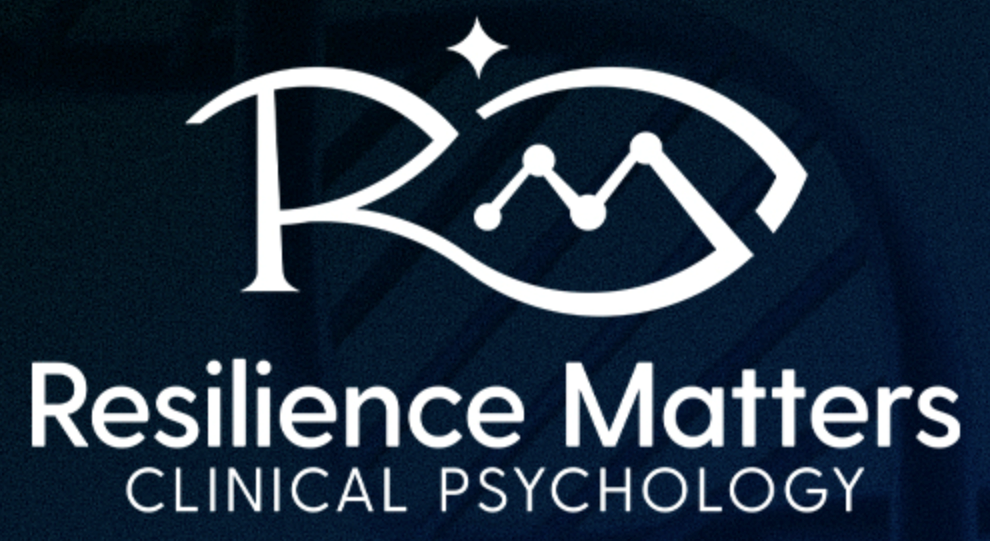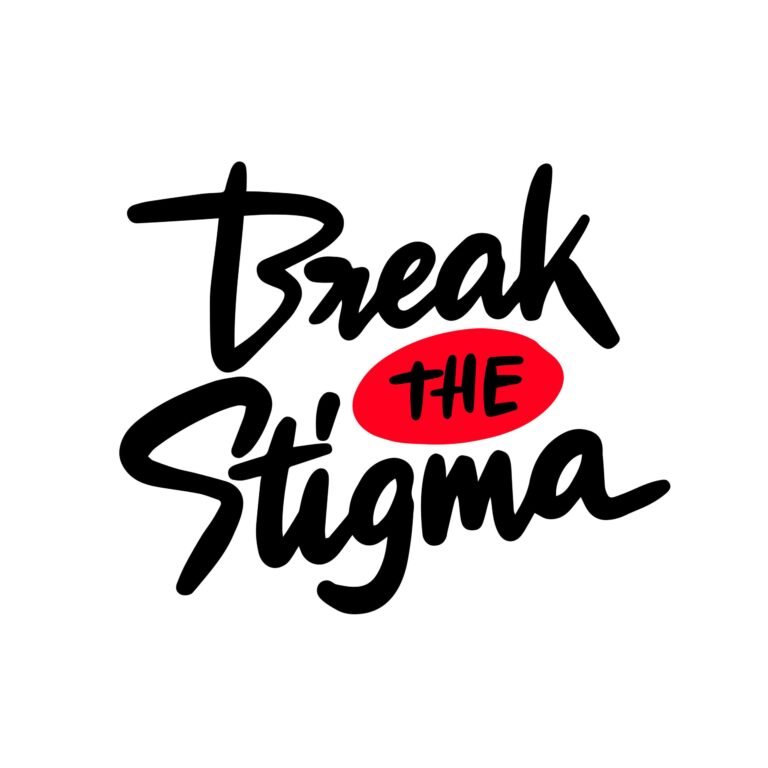Building Resilience: A Key to Thriving Amidst Adversity
In today’s rapidly evolving world, where change and uncertainty seem to be the only constants, the concept of resilience has never been more relevant. Resilience, often defined as the ability to “bounce back” and thrive in adversity (Chen & Bonanno, 2020), is more than just a passive reaction to challenges. It is an active capacity that can be developed through experiences, enabling individuals to recover from difficulties and flourish (Dodge et al., 2021).
What Is Resilience?
At its core, resilience is about adaptation and growth. People who exhibit high levels of resilience are generally better equipped to manage stress and cope with pressure. They also tend to score higher on objective measures of well-being, demonstrating that their capacity for resilience is closely linked to their overall psychological health (Cornell et al., 2022). This is particularly significant in today’s context, where psychological resilience is crucial in navigating various life challenges, from personal setbacks to global crises.
The Science Behind Resilience
Research highlights that resilience is not an inherent trait but a dynamic capacity that can be cultivated. According to Dodge et al. (2021) and Masten (2015), resilience is developed through experiences and interactions that enhance one’s ability to adapt and draw upon personal resources such as problem-solving skills, social support, and a sense of purpose. This adaptability and resourcefulness offer a protective shield against psychological trauma (Chen & Bonanno, 2020), underscoring the importance of resilience in maintaining mental health.
The Protective Power of Resilience
Cultivating resilience is not just about surviving challenging times but also about thriving despite them. Resilience’s protective effect means that individuals who develop this capacity are better equipped to handle stress and recover from traumatic events. This has profound implications for psychological health, especially in high-distress environments (Dodd et al., 2021).
For instance, the recent global pandemic has highlighted the critical role of resilience. The unprecedented stress and disruption caused by the pandemic have underscored the need for effective strategies to bolster psychological well-being, such as maintaining a routine, staying connected with loved ones, and practicing self-care. Developing resilience can provide individuals with the tools needed to navigate such crises, allowing them to emerge stronger and more capable of handling future challenges.
How can we boost out resilience?
Understanding resilience’s predictors is essential to effectively promoting it. Research indicates that social support, positive coping strategies, and a sense of purpose can significantly enhance resilience (Chen & Bonanno, 2020). Individuals and communities can build resilience more effectively and apply it in practical, real-world contexts by focusing on these predictors.
Conclusion
In an increasingly complex and unpredictable world, resilience stands out as a crucial capacity for thriving. By understanding and developing resilience, individuals can better manage adversity, enhance their well-being, and protect themselves against psychological trauma. As we continue to navigate the challenges of modern life, fostering resilience remains a vital strategy for promoting mental health and overall well-being.
Embracing and cultivating resilience equips us to handle current difficulties and prepares us for future challenges, reinforcing our ability to bounce back and flourish in the face of adversity.




